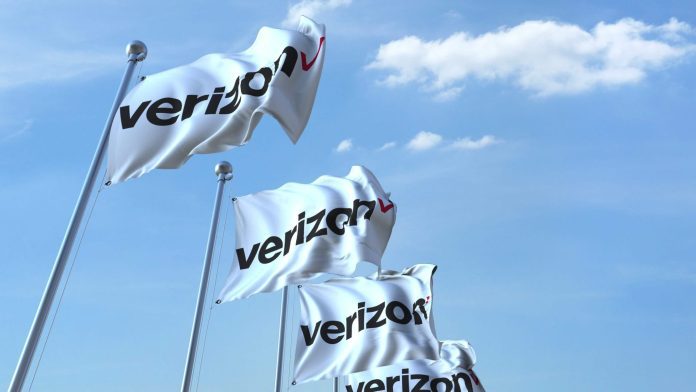Verizon has inked an agreement with Honeywell with the aim of helping utilities speed up the deployment of new communication-enabled, intelligent sensors and controls for the smart electric grid, both firms said in a release.
Under the terms of the agreement, Verizon will integrate its Managed Connectivity LTE solutions into Honeywell’s next-generation smart meters and other electric, gas, and water solutions. These technologies allow consumers to use energy at the optimum time and help utilities manage and plan for peak demand, the partners said.
Combining managed connectivity, which will be offered as a service on Verizon’s LTE network, with Honeywell Smart Energy software, hardware and services, the collaboration will provide utility companies with a highly scalable, fully managed, open computing and communications platform to help them manage operations efficiently and safely deliver new services to their customers, the partners added.
The platform will include features, including:
-Device identity and security,
-Dynamic network authorization and access,
-Device and application discovery,
-Remote device monitoring and management,
-Modem firmware and application upgrades,
-Real-time device diagnostics, and
-Simplified supply-chain and data access.
“Working with Honeywell on these next-generation solutions will enable the reliability and scalability of the communications needed to deliver smart metering, manage distributed energy resources, conserve water, and make the digital world work better for utilities and consumers,” said Jay Olearain, director of enterprise products and IoT at Verizon. “Our connected utilities solutions bring connectivity and computing capabilities to all kinds of IoT devices, helping companies like Honeywell grow their leadership positions in the utilities space and expand their business models into new market opportunities.”
The open secure edge computing and networking platform enables Honeywell to incorporate technologies like artificial intelligence (AI) and machine learning into its meters. The two companies are also working to explore how 5Gtechnology can transform the utility industry through higher bandwidth, faster speeds and low latency, enabling advanced industrial automation and control solutions along with real-time analytics.
“The Honeywell portfolio of utility applications and analytics expands with the new capabilities of wireless IoT,” said Ann Perreault, director for connected utilities at Honeywell Smart Energy. “By taking advantage of an already built, cellular infrastructure, our utility customers can more quickly deploy new capabilities based on interoperable communications, allowing them to facilitate innovation. This means that it is easier and more cost effective for utilities to apply analytics to plan for energy demand and to integrate emerging new technologies including micro-renewable generation, electric vehicles, battery storage and semi-autonomous control into the next evolution of the grid.”
Honeywell delivers industry specific solutions that include aerospace products and services; control technologies for buildings and industry; and performance materials globally.

